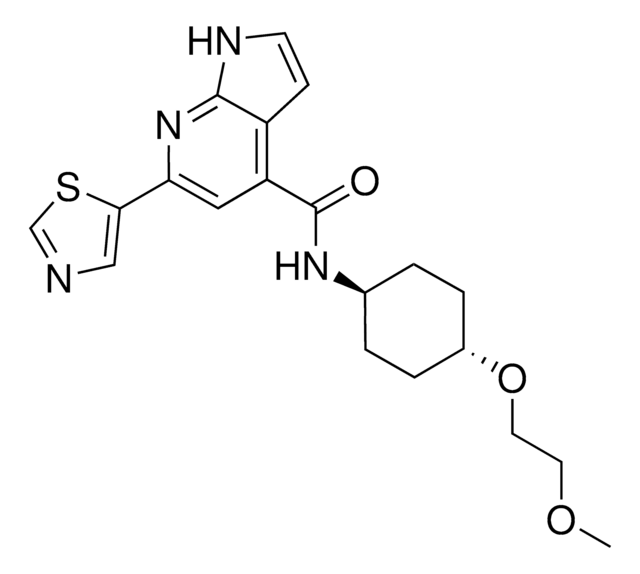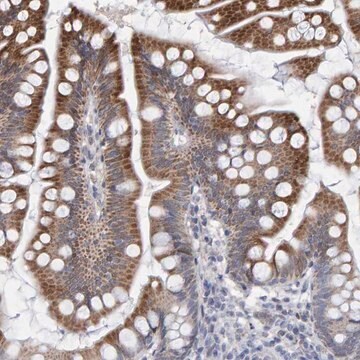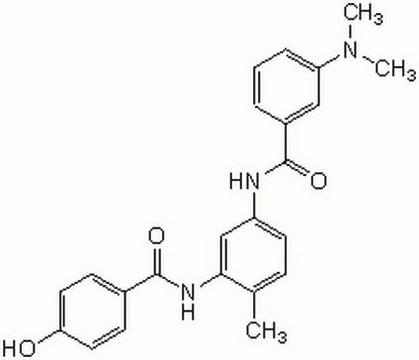GF04978963
Rhodium
foil, not light tested, 10x10mm, thickness 0.012mm, as rolled, 99.9%
Synonym(s):
Rhodium, RH000205
Sign Into View Organizational & Contract Pricing
All Photos(2)
About This Item
Empirical Formula (Hill Notation):
Rh
CAS Number:
Molecular Weight:
102.91
MDL number:
UNSPSC Code:
12141738
PubChem Substance ID:
NACRES:
NA.23
Recommended Products
Assay
99.9%
form
foil
manufacturer/tradename
Goodfellow 049-789-63
resistivity
4.33 μΩ-cm, 20°C
size × thickness
10x10 mm × 0.012 mm
bp
3727 °C (lit.)
mp
1966 °C (lit.)
density
12.41 g/cm3 (lit.)
SMILES string
[Rh]
InChI
1S/Rh
InChI key
MHOVAHRLVXNVSD-UHFFFAOYSA-N
Looking for similar products? Visit Product Comparison Guide
Related Categories
General description
For updated SDS information please visit www.goodfellow.com.
Legal Information
Product of Goodfellow
Storage Class Code
13 - Non Combustible Solids
WGK
nwg
Flash Point(F)
Not applicable
Flash Point(C)
Not applicable
Choose from one of the most recent versions:
Certificates of Analysis (COA)
Lot/Batch Number
Sorry, we don't have COAs for this product available online at this time.
If you need assistance, please contact Customer Support.
Already Own This Product?
Find documentation for the products that you have recently purchased in the Document Library.
Rhodium-catalyzed C-C bond formation via heteroatom-directed C-H bond activation.
Denise A Colby et al.
Chemical reviews, 110(2), 624-655 (2009-05-15)
Huw M L Davies et al.
Chemical Society reviews, 36(7), 1109-1119 (2007-06-20)
This tutorial review describes the reactions of the electron-rich heterocycles pyrrole, furan, indole and benzofuran with copper and rhodium carbenoids. Two main reaction pathways are possible, involving either a concerted non-synchronous cyclopropanation or zwitterionic intermediates. A diverse range of products
Albert Padwa
Chemical Society reviews, 38(11), 3072-3081 (2009-10-23)
In this tutorial review, the rhodium(II)-catalyzed domino reactions of alpha-diazo carbonyl compounds are summarized. The article will emphasize some of the more recent synthetic applications of the rhodium carbenoid cyclization/cycloaddition domino cascade for alkaloid synthesis. The many structurally diverse and
Vladimir V Grushin
Accounts of chemical research, 43(1), 160-171 (2009-10-01)
Although springing from two established fields, organometallic chemistry and fluorine chemistry, organometallic fluorine chemistry is still in its early stages. However, developments in this area are expected to provide new tools for the synthesis of selectively fluorinated organic compounds that
Jerzy Klosin et al.
Accounts of chemical research, 40(12), 1251-1259 (2007-11-14)
A series of bis-phosphite and bis-phosphine ligands for asymmetric hydroformylation reactions has been evaluated. Bis-phosphite ligands lead, in general, to high regioselectivities across a range of substrates while good enantioselectivities are limited to only a few examples. We found that
Our team of scientists has experience in all areas of research including Life Science, Material Science, Chemical Synthesis, Chromatography, Analytical and many others.
Contact Technical Service







